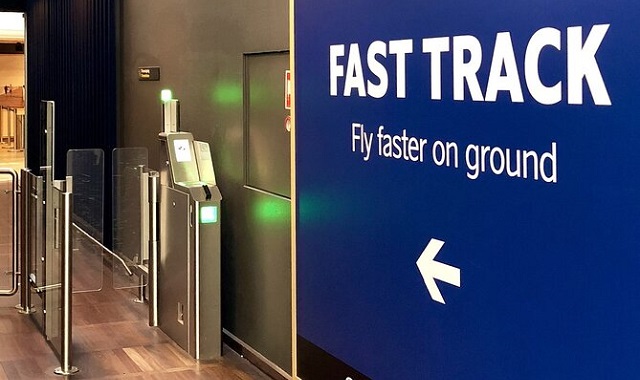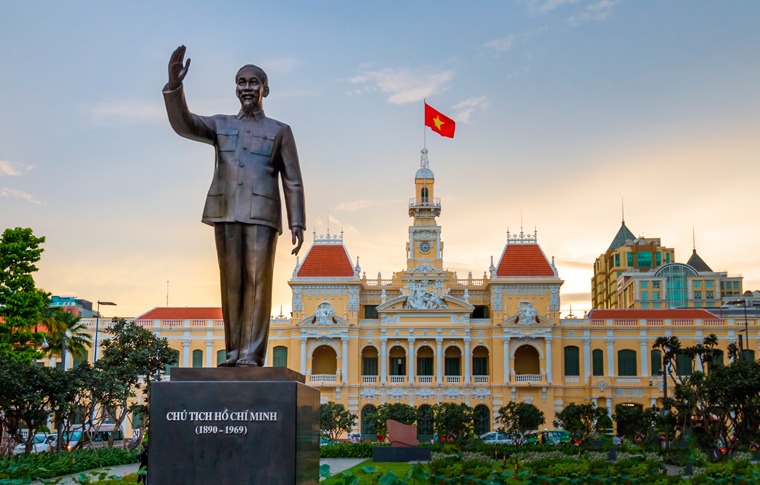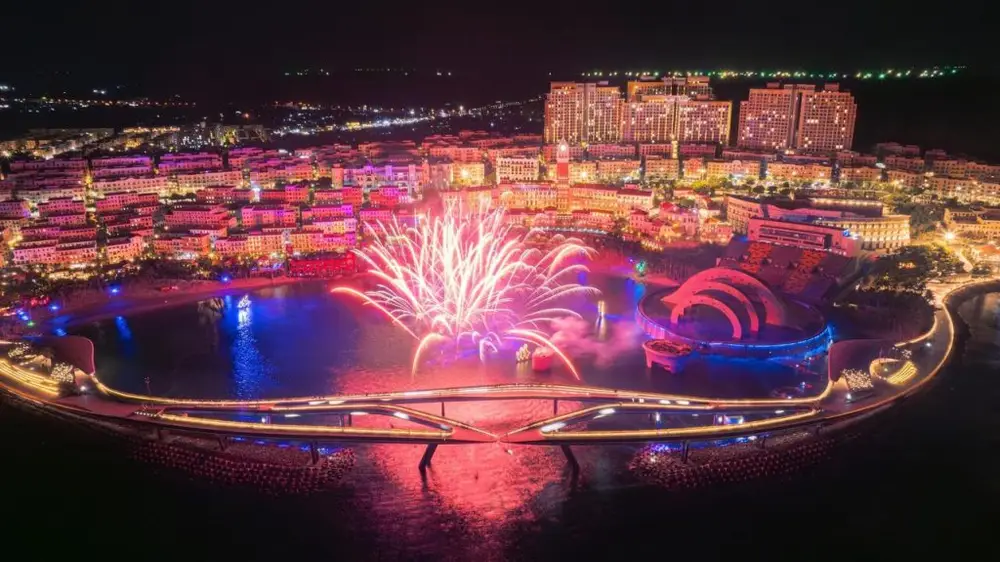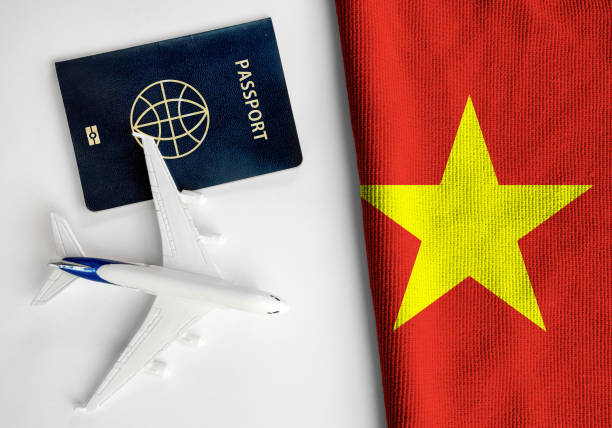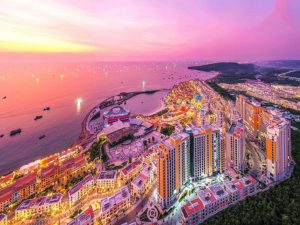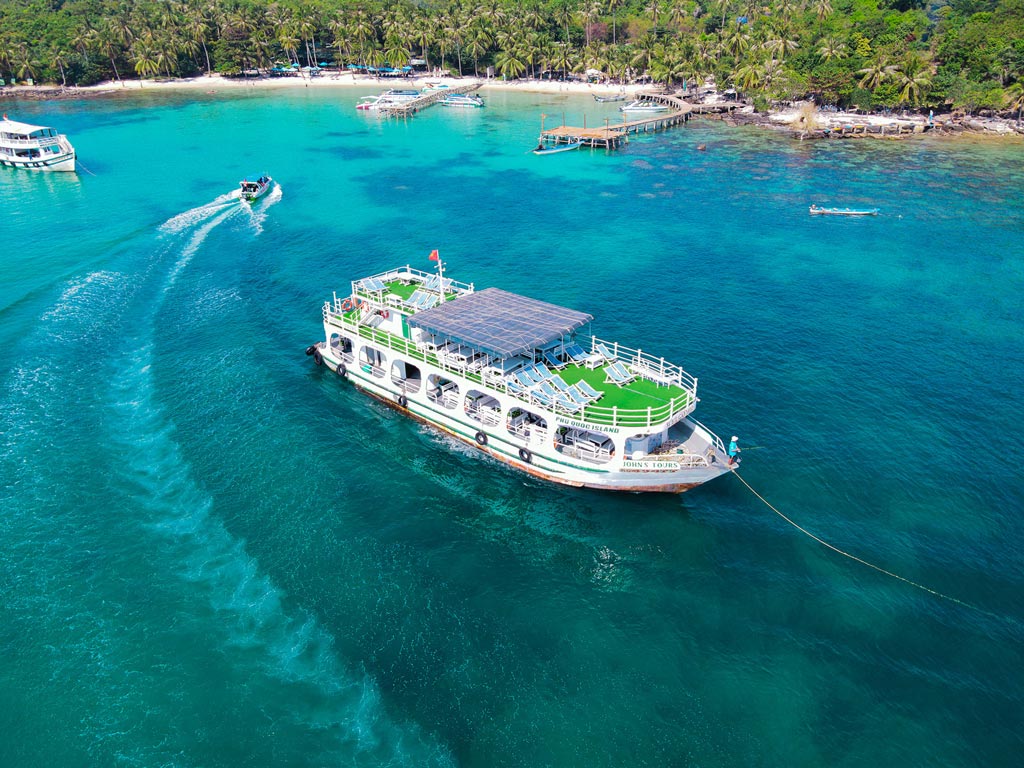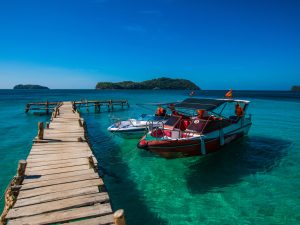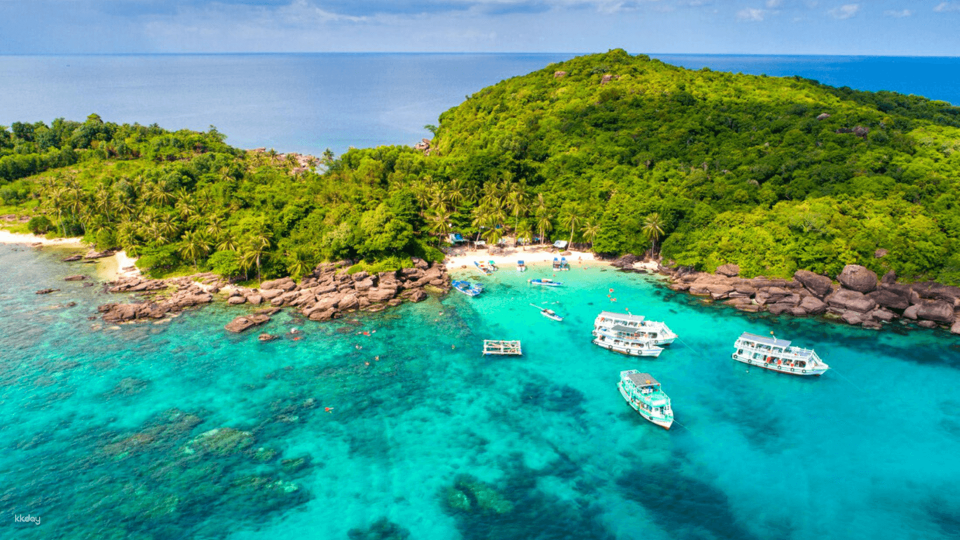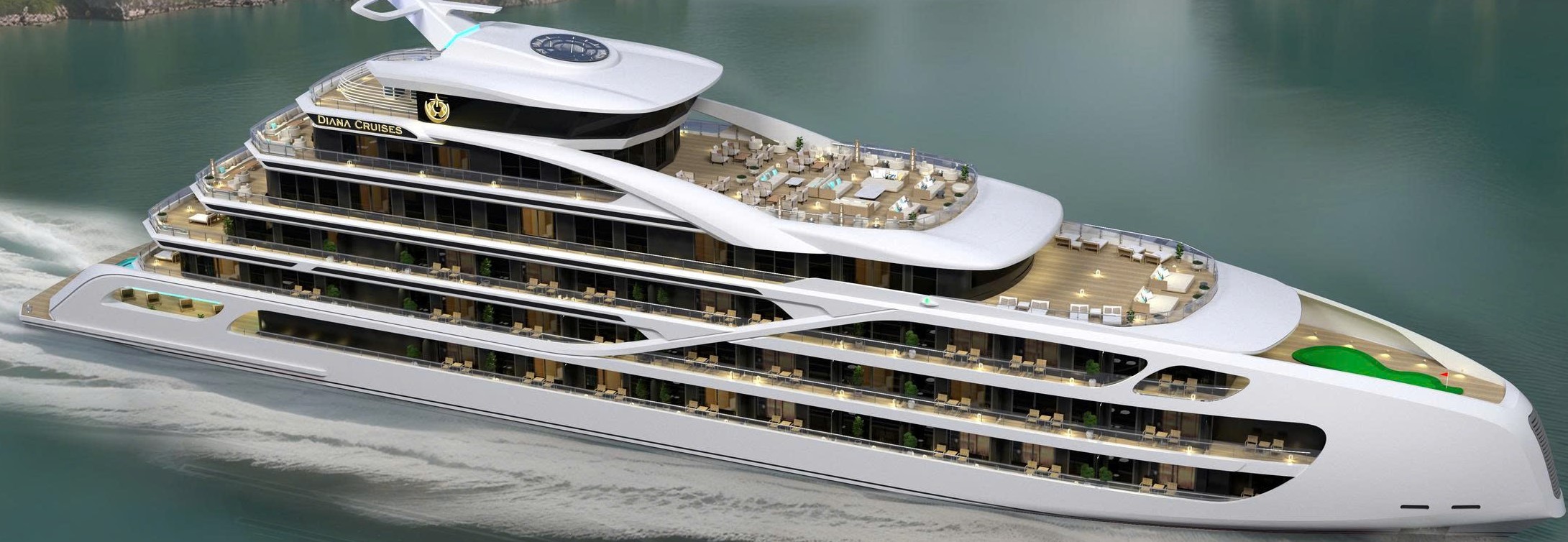Welcome To Mekong Delta
Explore the Mekong Delta: Vietnam’s Verdant Waterways – A Journey to the “Rice Bowl”
Dive into the captivating world of the Mekong Delta, a sprawling network of rivers, canals, and lush landscapes in southwestern Vietnam. Known as the “rice bowl” of Vietnam, this fertile region is a vibrant tapestry of floating markets, fruit orchards, traditional villages, and a slower pace of life defined by the rhythmic flow of the Mekong River. Discover authentic local culture, bountiful nature, and unforgettable adventures.
Destination Highlights: What to See & Do
The Mekong Delta offers a unique blend of aquatic activities, cultural insights, and natural beauty across its many provinces.
- Floating Markets (Cai Rang, Cai Be, Phong Dien): The iconic symbol of the Mekong Delta! Witness the lively spectacle of hundreds of boats laden with fruits, vegetables, and local goods converging to trade at dawn.
- Cai Rang Floating Market (Can Tho): The largest and most famous, best visited early in the morning for the most vibrant experience. You can enjoy a bowl of hủ tiếu (noodle soup) directly from a floating kitchen.
- Cai Be Floating Market (Tien Giang): A bustling market that also offers insights into local industries like coconut candy and rice paper making.
- Phong Dien Floating Market (Can Tho): A smaller, more traditional market, offering a more intimate glimpse into local trading.
- Boat Trips & River Cruises: Essential for experiencing the Delta’s charm. Glide along narrow canals (arroyos) lined with nipa palm trees, explore fruit orchards, and visit local craft workshops. Overnight cruises offer a deeper immersion.
- Fruit Orchards & Tropical Gardens: The Delta is abundant with tropical fruits. Visit sprawling orchards where you can pick and sample fresh fruits like durian, rambutan, longan, mango, and mangosteen (seasonal).
- Traditional Villages & Local Industries: Discover the ingenuity of local communities.
- Coconut Candy Factories (Ben Tre): Witness the fascinating process of making coconut candy, from processing the coconut to shaping and packaging the delicious sweets.
- Rice Paper Making: Learn how traditional rice paper is made.
- Brick Kilns & Pottery Villages (Vinh Long): Observe traditional methods of brick and pottery production.
- Tra Su Cajuput Forest (Chau Doc): A stunning submerged forest, best explored by sampan boat. Paddle through serene waterways shrouded by cajuput trees, home to diverse birdlife. A true ecological wonderland.
- Sam Mountain (Chau Doc): Offers panoramic views of the flat Delta landscape, with several pagodas and temples built into its slopes, including the beautiful Lady Chua Xu Temple.
- Cycling through Villages: Rent a bicycle and pedal along quiet paths winding through rice paddies, coconut groves, and charming rural villages, offering an intimate perspective of local life.
- Homestay Experiences: For a truly immersive cultural exchange, stay with a local family in a traditional homestay. Enjoy home-cooked meals, participate in daily activities, and learn about the local way of life.
Culinary Delights: Dining in the Mekong Delta
The Mekong Delta’s cuisine is fresh, flavorful, and deeply connected to its abundant natural resources, especially seafood and tropical fruits.
- Bún Nước Lèo: A rich and aromatic fish noodle soup, a quintessential Delta dish.
- Cá Lóc Nướng Trui (Grilled Snakehead Fish): A rustic yet incredibly delicious dish where a whole snakehead fish is grilled over hot coals with minimal seasoning, often wrapped in banana leaves.
- Lẩu Mắm (Fermented Fish Hotpot): A pungent and flavorful hotpot made with fermented fish paste, fresh seafood, meats, and a wide array of local vegetables. An adventurous culinary experience!
- Canh Chua Cá (Sour Fish Soup): A refreshing and tangy soup with fish, pineapple, tomatoes, okra, and various herbs, offering a delightful balance of sweet, sour, and savory.
- Bánh Xèo (Sizzling Pancake) & Bánh Khọt (Mini Crispy Pancakes): Crispy, savory pancakes filled with shrimp, pork, and bean sprouts, served with fresh herbs and a dipping sauce.
- Fresh Tropical Fruits: Indulge in an endless supply of fresh, seasonal fruits directly from the orchards.
- Coconut-based Dishes: Ben Tre, the “land of coconut,” offers various coconut delights, from refreshing coconut water to savory dishes cooked with coconut milk and, of course, the famous coconut candy.
- Hu Tieu My Tho: A flavorful noodle soup originating from My Tho, often featuring a clear broth with pork, shrimp, and various toppings.
Accommodation: Where to Stay
Accommodation in the Mekong Delta ranges from authentic homestays and charming boutique hotels to comfortable resorts, especially in major hubs like Can Tho.
- Homestays: Highly recommended for an authentic and immersive experience. Many are located on small islets or in rural areas, offering a chance to live like a local.
- Examples: Local homestays in Ben Tre, Vinh Long, or Can Tho.
- Boutique Hotels & Resorts:
- Can Tho: As the largest city, Can Tho offers a range of options, from modern hotels like Sheraton Can Tho and Azerai Can Tho to charming boutique hotels like Nam Bộ Boutique Hotel.
- Chau Doc: Offers hotels with river views like Victoria Chau Doc Hotel.
- The Island Lodge (Tien Giang): A beautiful resort located on an island, providing a tranquil escape.
- River Cruises: For a truly unique experience, consider an overnight river cruise, ranging from comfortable traditional sampans to luxurious Mekong River ships.
Shopping: Take a Piece of the Delta Home
Shopping in the Mekong Delta is a delightful experience centered around its agricultural bounty and traditional crafts.
- Floating Markets: The ultimate shopping experience! Purchase fresh fruits, vegetables, and local snacks directly from vendor boats.
- Local Markets (e.g., Can Tho Market): Bustling hubs where you can find fresh produce, seafood, spices, and everyday items.
- Coconut Products (Ben Tre): A must-buy! Coconut candy, coconut oil, coconut shell handicrafts (bowls, spoons, ornaments), and even coconut wood products.
- Fruit Products: Dried fruits, fruit jams, and fruit wines made from the region’s abundant produce.
- Fish Sauce: Phan Thiet, bordering the Delta, is famous for its high-quality fish sauce.
- Handicrafts: Look for items made from natural materials like bamboo, sedge grass (mats, baskets), and rice paper art.
- Banh Pia (Sóc Trăng): A popular sweet pastry filled with durian, mung bean, or salted egg yolk, a specialty from Sóc Trăng province.
Transportation: Getting to & Around the Mekong Delta
The Mekong Delta is easily accessible from Ho Chi Minh City, and getting around primarily involves a mix of road and waterways.
- Arrival in the Mekong Delta:
- From Ho Chi Minh City:
- Bus (Coach/Sleeper Bus): The most common, affordable, and convenient way to reach major cities like Can Tho, My Tho, or Ben Tre (approx. 2-4 hours).
- Private Car/Taxi: Offers comfort and flexibility, allowing for direct transfers and customized itineraries.
- Speedboat/Ferry: Some private tour operators offer speedboat transfers to certain parts of the Delta, providing a scenic start to your journey.
- By Air: Can Tho International Airport (VCA) is the largest airport in the Delta, with domestic flights from Hanoi and Ho Chi Minh City. This is convenient for reaching the central Delta.
- From Ho Chi Minh City:
- Getting Around the Delta:
- Boat/Sampan: The primary mode of transportation within the Delta. You’ll take numerous boat trips to explore floating markets, canals, and orchards.
- Motorbike/Scooter Rental: Available in larger towns like Can Tho for independent exploration of local areas.
- Bicycle: Ideal for leisurely rides through rural villages and along riverbanks. Many homestays offer free bicycle rental.
- Taxi/Ride-Hailing Apps: Available in larger cities like Can Tho.
- Organized Tours: Many travelers opt for multi-day tours from Ho Chi Minh City, which include transportation, accommodation, guides, and curated experiences, making logistics much simpler.
Embark on a captivating journey through the Mekong Delta, where verdant landscapes, vibrant waterways, and the warmth of local hospitality create an unforgettable Vietnamese adventure.



